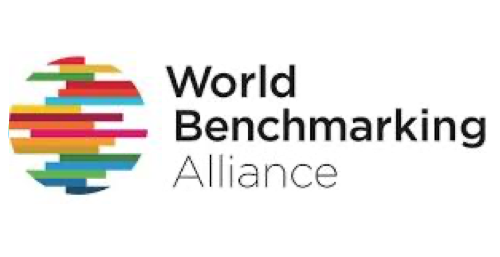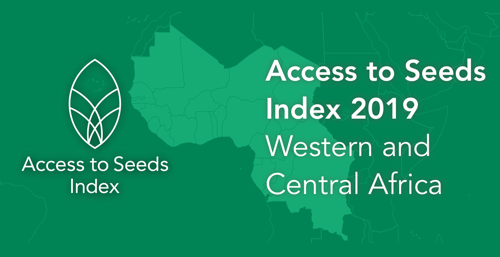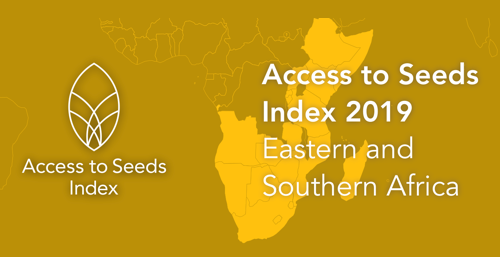
Benchmarking to unlock the potential of the private sector for sustainable development
An important part of the legacy of Kofi Annan, the seventh Secretary-General of the United Nations, was showing the world that it makes sense to set shared global targets for development. During his term in office, the UN adopted the Millennium Development Goals, a set of eight targets to be achieved by 2015. An evaluation in 2013 pointed out that a lot of progress was made, albeit not enough. One of the major lessons drawn from this experience was that the UN should do more to mobilize the potential of the private sector to achieve the next set of goals, the Sustainable Development Goals (SDGs) to which the UN unanimously agreed in 2015.
Benchmarking provides the key to do so, concluded the Business & Sustainable Development Commission (BSDC) in 2017. In its flagship report, Better Business, Better World, it showed that sustainable development presents an enormous growth opportunity—if business can understand economic, social, and environmental challenges as future value drivers. According to the commission, ‘a well-designed benchmarking process allows individual companies to decide for themselves how to develop sustainably, in line with the Global Goals, while at the same time setting them all on a competitive “race to the top”.’ It allows individual investors and civil society to hold companies effectively to account for investing in and promoting good corporate performance on sustainable development. And it provides an incentive for companies to improve on their corporate sustainability performance.
An example was set by the Access to Medicine Index. By benchmarking pharmaceutical companies biennially since 2008 on their efforts to make medication available and affordable in developing countries and to dedicate more research efforts on the eradication of neglected tropical diseases, it has effectively influenced the strategies and portfolios of Big Pharma. The initiator understood that by ranking and comparing companies against each other, the competitive spirit that drives every industry could be channeled towards making a positive impact. By basing the metrics on what society at large – investors, governments, science and NGO’s – expect from an industry, the benchmark also provides guidance to companies on what this positive impact should look like.
Although most existing benchmarks tend to focus on industry leaders, another benchmark, the Access to Seeds Index, has shown that benchmarking can be expanded towards the long tail of an industry. In its recent edition published beginning of 2019, it has benchmarked 62 seed companies on their efforts to make quality seeds accessible for smallholder farmers in sub-Saharan Africa and South and Southeast Asia. Next to leading seed companies from the United States, Europe and Japan, it included 45 smaller homegrown companies from the regions itself. Interestingly, many of these smaller companies outcompeted their global peers in many areas such as breeding for local crops, the reach of their adoption strategies or activities focused on women farmers. The league tables for Eastern and Western Africa were topped by a Kenyan and Nigerian seed company respectively. It indicates that for impact investors but also for public agencies seeking to build partnerships with seed companies, it is relevant to look beyond the usual suspects of the big multinationals.
To leverage the impact of benchmarking, BSDC also called for a more standardized system of reporting on SDG performance. In its absence, different companies use different reporting standards. And the current landscape of benchmarks leaves many industries, sub-industries and companies out of scope. The profusion of reporting frameworks on the one hand and the incomplete patchwork of existing benchmarks on the other is a headache for investors, a large majority of whom say they are unhappy with their ability to compare sustainability reporting between companies in the same industry, according to BSDC. Metrics should be standardized across industries and geographies to allow for easy comparison by companies, investors and other users. As such financial actors can make SDG-performance an integral part of their considerations to ensure that sustainable development is at the heart of their dialogue with business leaders.
The World Benchmarking Alliance was created to do just that. Launched in New York during the UN General Assembly in 2018, it has within a year grown into an alliance of over 100 organizations ranging from the International Chamber of Commerce, financial institutions and academia to civil society actors like WWF and Oxfam. They all unite around WBA’s mission to bring more alignment in reporting metrics, scale up and broaden the coverage of benchmarks and reduce reporting burden for individual companies. At Davos 2020 WBA will announce the 2000 key stone companies it aims in include in its benchmarks that focus on seven major systems transformations that are fundamental to achieving the SDGs.
One of these transformations is focused on the food system. Scientist have calculated that without change, the global food system will destabilize the planet. While the world population will grow in the coming decades towards 10 billion mouths to feed, the use of land, water and fertilizers as well as biodiversity loss is on course to exceeding their planetary boundaries. The good news is scientists also have an optimistic scenario in store. It is possible to feed the growing world population, but it requires a shift towards healthier diets and more sustainable production methods. Not easy, but possible, and it requires all to contribute to the desired change. That is the sustainable food future WBA’s Food & Agriculture Benchmark will work towards.
WBA will launch its first Baseline Benchmark for Food & Agriculture end of 2020 at the Tokyo Global Nutrition Summit. It includes 300 of the global leaders from across the global food value chain, from input providers to retailers. Likely, as the Access to Seeds Index has demonstrated, it makes sense to accompany this global benchmark with ‘regional spotlight benchmarks’ that play a key role in reaching food system transformation targets in specific regions, such as sub-Saharan Africa.
At WBA we are pleased with allies such as GAIN that is currently building investor coalitions to mobilize their capital for regional companies that can contribute to a food secure future in the African continent. And actors from the region itself, such as KudosAfrica, that is already on course to help unlock the full potential of the African private sector, while driving positive social and environmental change. WBA can only set up regional spotlights benchmark when endorsed and supported by actors from that region. We invite anyone who wants to come on board on this mission to reach out to us.



